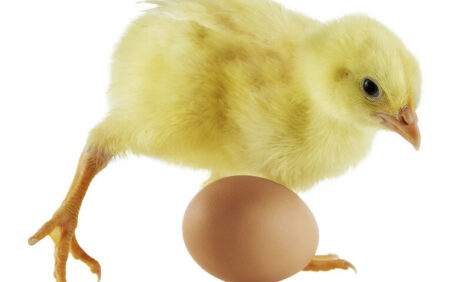



Recent Cuts to Red Tape Makes Farming Easier
UK – Recent cuts to red tape and bureaucracy have made farming easier and at no cost to food production standards, the government has announced this week.Department of Environment Farming and Rural Affairs (Defra) ministers have announced a range of modifications which it says will help farm businesses to grow and support the rural economy.
The modifications appear in a report by the Farming Regulation Taskforce released on Wednesday, which evaluates government efforts to reduce ‘regulatory burdens’ on farmers.
Changes include improvements to online communications by simplifying environmental and waste exception guidance and limiting inspections on well managed farms through an ‘earned recognition scheme’.
The government added that other measures reduced the Environmental Agency’s pig and poultry scheme fees by an average of £880 while simpler, electronic livestock traceability has saved farmer time.
Reacting to the announcement, National Farmers Union Deputy President, Minette Batters, called for better communication of progress at farm level and with the European Commission.
“I’m disappointed that, as it stands, some farmers may not feel a difference from every change and in some cases the impacts of changes may not filter through for several years,” said Mrs Batters.
“It is for this reason that it is incredibly important that the government and in particular Defra makes every effort to better communicate to farmers those changes that do make a difference on the ground.
“I hope that Defra will also join directly with the NFU to promote smarter regulation in Brussels with the European Commission."
Farming Minister George Eustice said minimising paperwork can allow farmers to do their real jobs – producing quality food.
“Regulations are important in upholding our high standards of farming, but overly burdensome rules have made life difficult for farmers for too long,” said Mr Eustice.
“Removing unnecessary bureaucracy will let farmers get on with the job of providing high quality food while still protecting the natural environment.”









